7 lingering questions about Jeffrey Epstein's death
Truth can be as strange as conspiracy theories

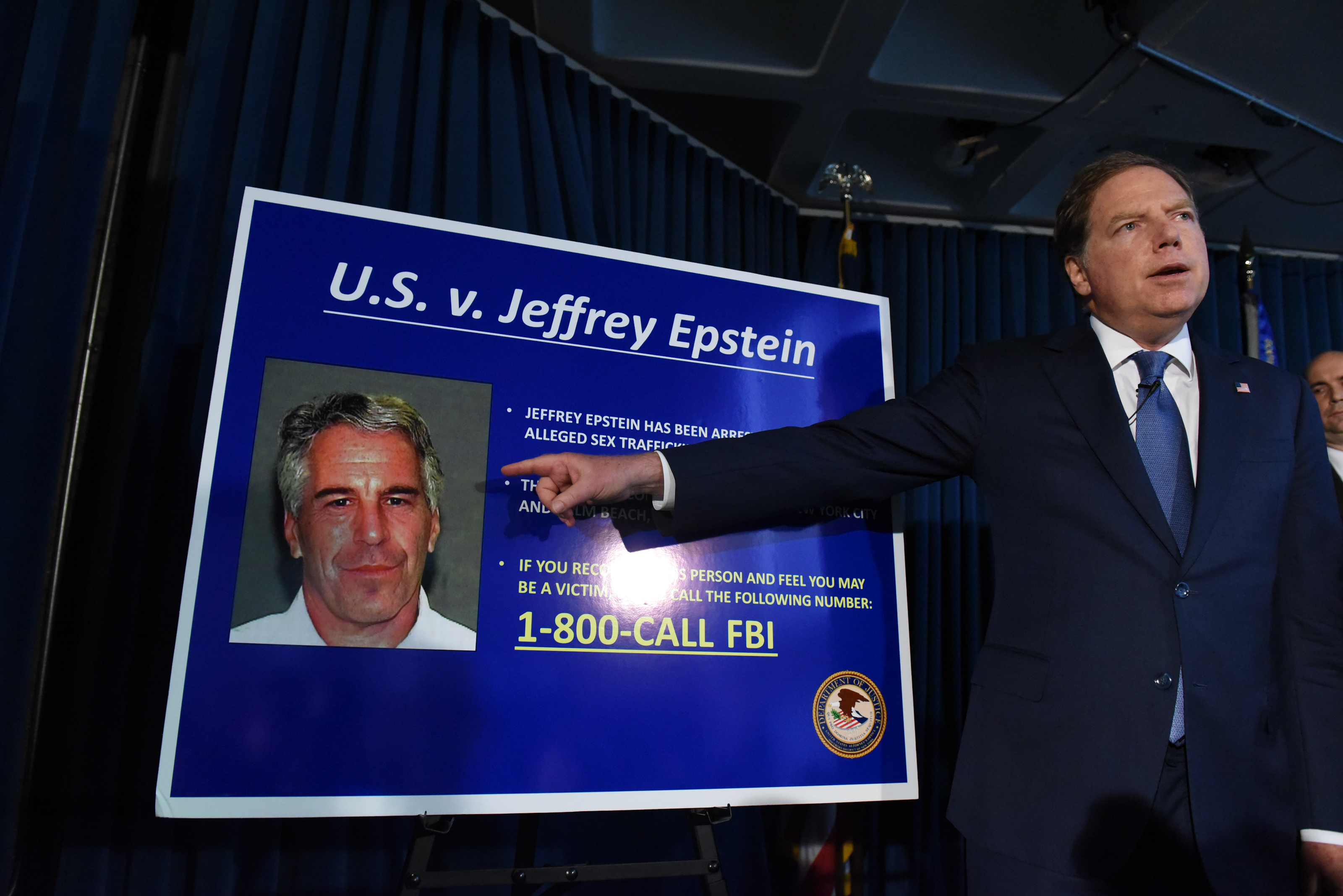
A free daily email with the biggest news stories of the day – and the best features from TheWeek.com
You are now subscribed
Your newsletter sign-up was successful
Attorney General William Barr said Monday that he is "appalled" and "frankly angry" about the federal Metropolitan Correctional Center's (MCC) "failure to adequately secure" its highest profile prisoner, Jeffrey Epstein, found dead in his cell Saturday morning. "We are now learning of serious irregularities at this facility," said Barr, who is responsible for federal prisons. "We will get to the bottom of what happened and there will be accountability." There are myriad conspiracy theories surrounding Epstein's death. What have we learned so far?
1. How did Jeffrey Epstein die?
"Apparent suicide" is the only official cause given so far. New York City Chief Medical Examiner Dr. Barbara Sampson hasn't released the results of Sunday's autopsy "pending further information." But officials tell The Associated Press and The New York Times that Epstein was found hanged with a bedsheet around his neck.
The Week
Escape your echo chamber. Get the facts behind the news, plus analysis from multiple perspectives.

Sign up for The Week's Free Newsletters
From our morning news briefing to a weekly Good News Newsletter, get the best of The Week delivered directly to your inbox.
From our morning news briefing to a weekly Good News Newsletter, get the best of The Week delivered directly to your inbox.
2. Is there video evidence of his apparent suicide?
It's "not clear how much, if any, of the incident or authorities' check-ins was captured on camera," The Washington Post reports. "The jail does have a video surveillance system," AP adds, "but federal standards don't allow the use of cameras to monitor areas where prisoners are likely to be undressed unless those cameras are monitored only by staff members of the same gender as the inmates. As a practical matter, that means most federal jails nationwide focus cameras on common areas, rather than cell bunks."
3. Who was guarding Epstein?
There were two guards on duty in 9 South, the secure housing unit in one of the MCC's most restrictive wings, and they were supposed to check on him every 30 minutes. He wasn't checked on for several hours the morning he died, officials said, and that will be a focus of the investigations. Both of the guards were working overtime, one of them for the fifth consecutive night; the other guard wasn't a regular correctional officer. A union official and unidentified officials said the second guard was an employee pressed into service, a common practice at short-staffed federal prisons. Teachers, nurses, counselors, secretaries, and other support staff are regularly obligated to fill in for guards, many of whom work 70- to 80-hour weeks, according to Eric Young, president of the American Federation of Government Employees Council of Prison Locals union.
A free daily email with the biggest news stories of the day – and the best features from TheWeek.com
4. Why is there a shortage of guards?
Union officials blame a Trump administration hiring freeze at the Bureau of Prisons, exacerbated by the long partial government shutdown in the beginning of the year. "All this was caused by the administration," Young said. Eight months after the shutdown, MCC remains so short-staffed, the Bureau of Prisons is offering a $10,000 bonus to any guard who transfers there from another federal lockup, AP reports. Barr said he has lifted the hiring freeze and is working to hire more guards. "I think this is an area where we have stumbled," he said.
5. Why wasn't Epstein on suicide watch?
Epstein was placed on suicide watch after he was found unresponsive in his cell July 23 with marks on his neck, but he was returned to 9 South on July 29 for reasons that are still unclear. Presumably, he was deemed not a suicide risk. According to Bureau of Prison policies, "several high-ranking prison officials would have had to have approved Mr. Epstein's removal from the facility's suicide prevention program, including the prison's chief psychologist," the Times reports.
6. Why was Epstein alone in his cell?
That is another unanswered question. "Under normal procedures, he should have had a cellmate, but the inmate housed with him had been recently transferred and had not been replaced," the Times reports. "A person who had been assigned to share a cell with Epstein was transferred on Friday, and — for reasons that investigators are still exploring — he did not receive a new cellmate," the Post adds. Before his July 23 apparent first attempt at suicide, Epstein was housed with Nicholas Tartaglione, a former cop in jail on murder and narcotics charges. Young told the Post there was some speculation that Epstein feared Tartaglione and was trying to get away from him, and that he had another cellmate after returning from suicide watch. An alleged pedophile, Epstein would have been targeted by many fellow inmates, Young added.
7. Is suicide common in federal prisons?
"Suicide has long been the leading cause of death in U.S. jails overall," AP reports. "In the federal system, suicides are rarer. At least 124 inmates killed themselves while in federal custody between fiscal years 2010 and 2016, according to the most recent statistics available from the Bureau of Prisons." Young said suicide is a grim reality of prison. "We can't ever stop anyone who is persistent on killing themselves," he told the Post. "The only thing the bureau can do is delay that." Lindsay Hayes, an expert on preventing suicide in prisons, said even 24-hour surveillance has its limits. "It only takes three to five minutes for someone to hang themselves," Hayes told AP. "If no one is watching the screen, then the camera is useless. There are a lot of suicides that just end up being recorded."
Peter has worked as a news and culture writer and editor at The Week since the site's launch in 2008. He covers politics, world affairs, religion and cultural currents. His journalism career began as a copy editor at a financial newswire and has included editorial positions at The New York Times Magazine, Facts on File, and Oregon State University.
-
 Political cartoons for February 15
Political cartoons for February 15Cartoons Sunday's political cartoons include political ventriloquism, Europe in the middle, and more
-
 The broken water companies failing England and Wales
The broken water companies failing England and WalesExplainer With rising bills, deteriorating river health and a lack of investment, regulators face an uphill battle to stabilise the industry
-
 A thrilling foodie city in northern Japan
A thrilling foodie city in northern JapanThe Week Recommends The food scene here is ‘unspoilt’ and ‘fun’
-
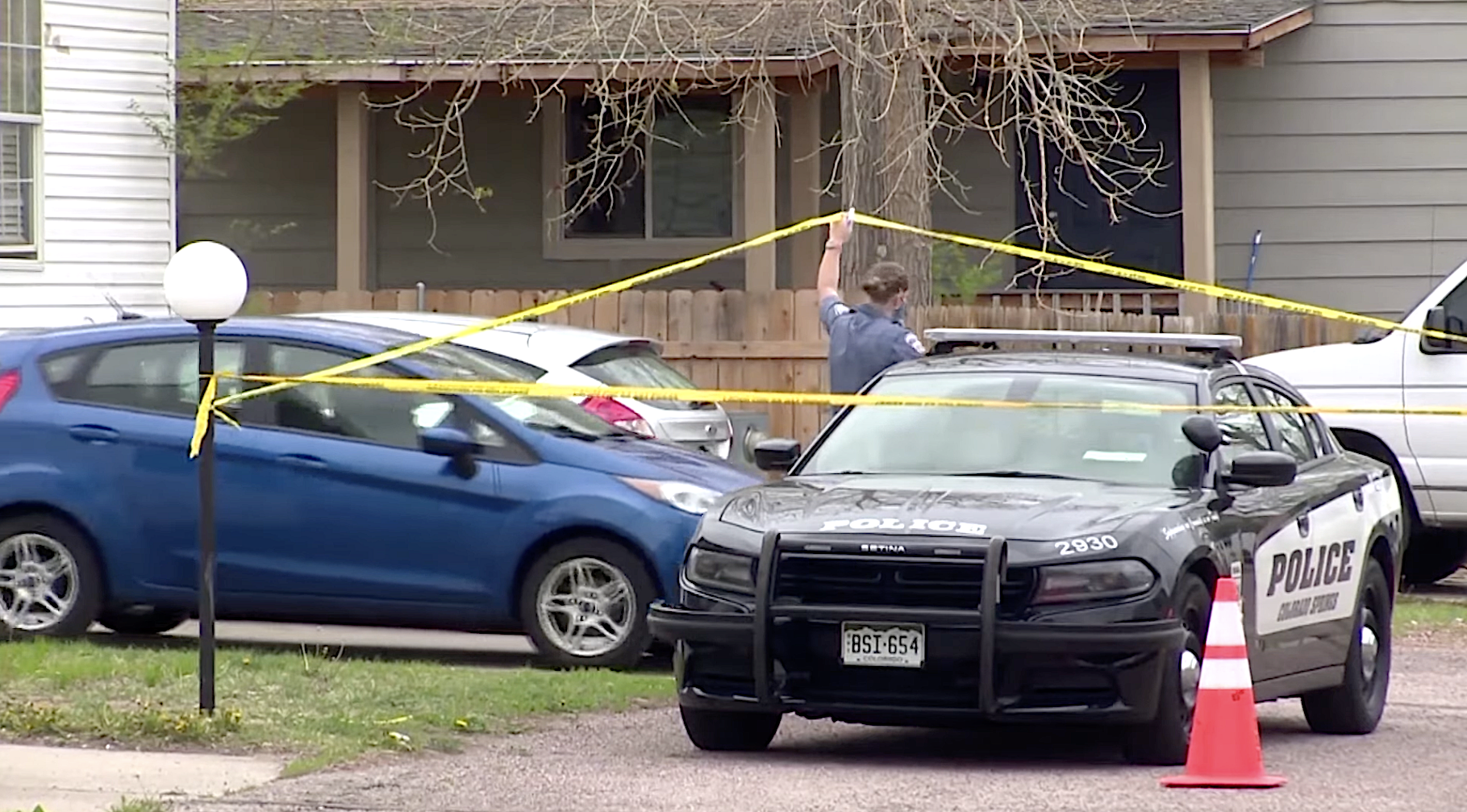 Gunman kills 6, himself at Colorado Springs birthday party
Gunman kills 6, himself at Colorado Springs birthday partySpeed Read
-
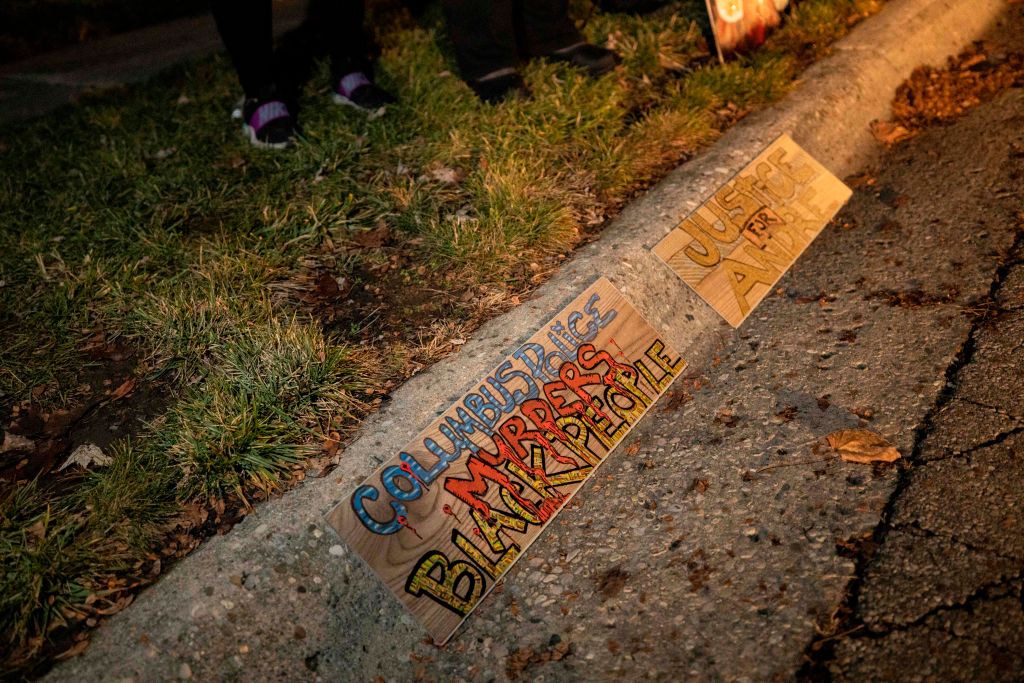 Columbus police fatally shoots Ma'Khia Bryant, 16, quickly releases body-cam footage
Columbus police fatally shoots Ma'Khia Bryant, 16, quickly releases body-cam footageSpeed Read
-
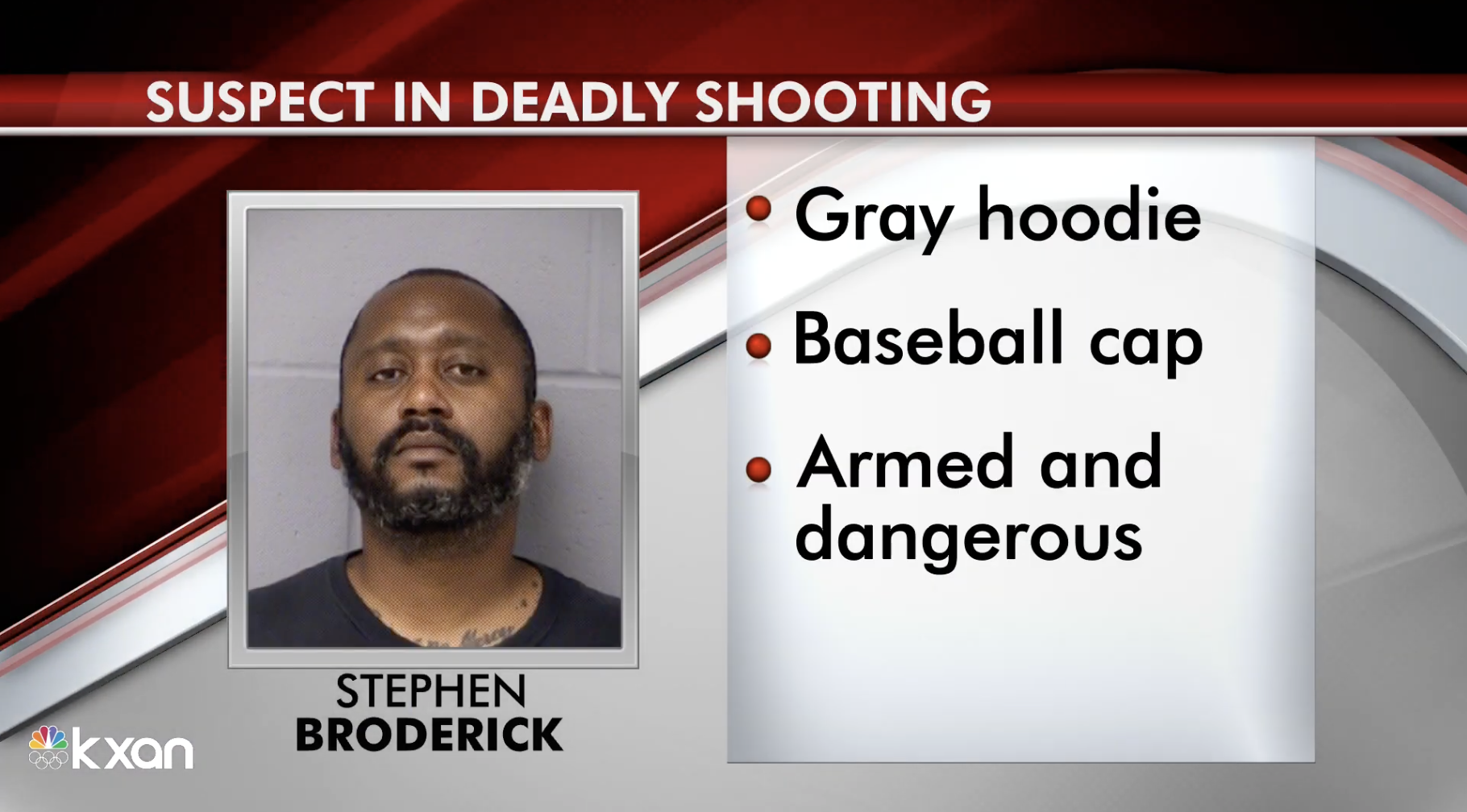 Austin police, feds searching for ex-sheriff's deputy accused of killing 3, in Sunday's 2nd mass shooting
Austin police, feds searching for ex-sheriff's deputy accused of killing 3, in Sunday's 2nd mass shootingSpeed Read
-
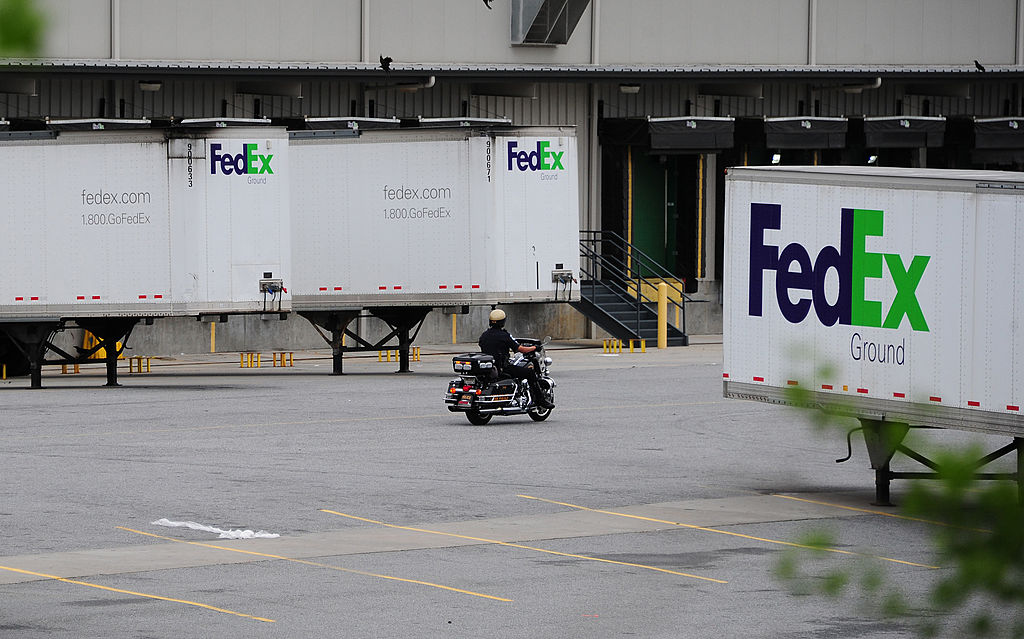 At least 8 dead in Indianapolis FedEx shooting
At least 8 dead in Indianapolis FedEx shootingSpeed Read
-
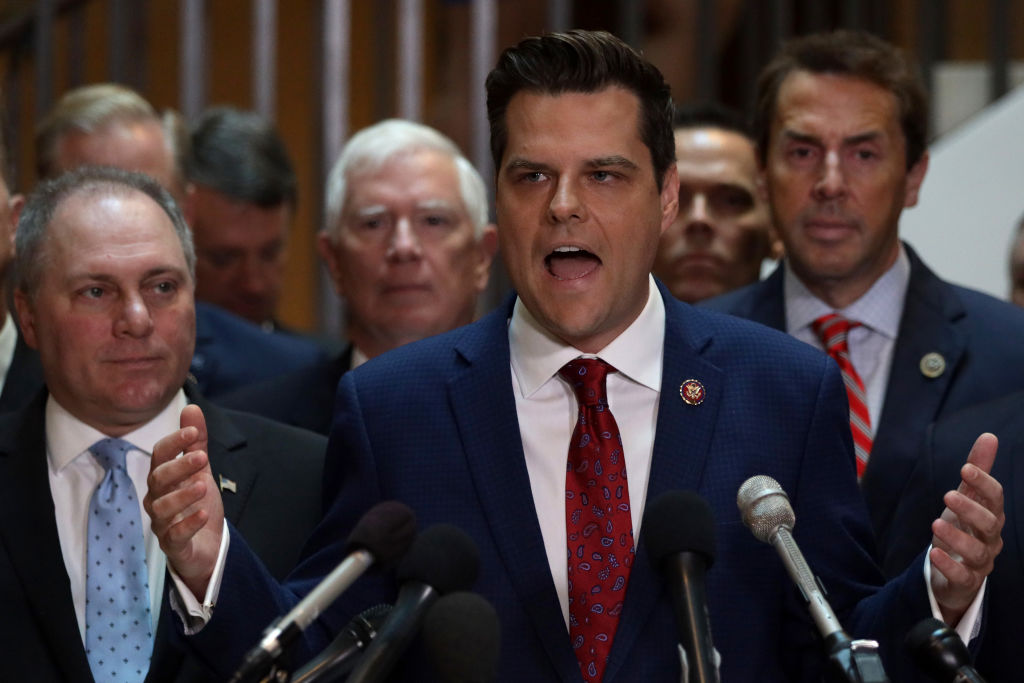 Scalise says GOP will 'take action' on Gaetz if DOJ moves ahead with 'formal' case
Scalise says GOP will 'take action' on Gaetz if DOJ moves ahead with 'formal' caseSpeed Read
-
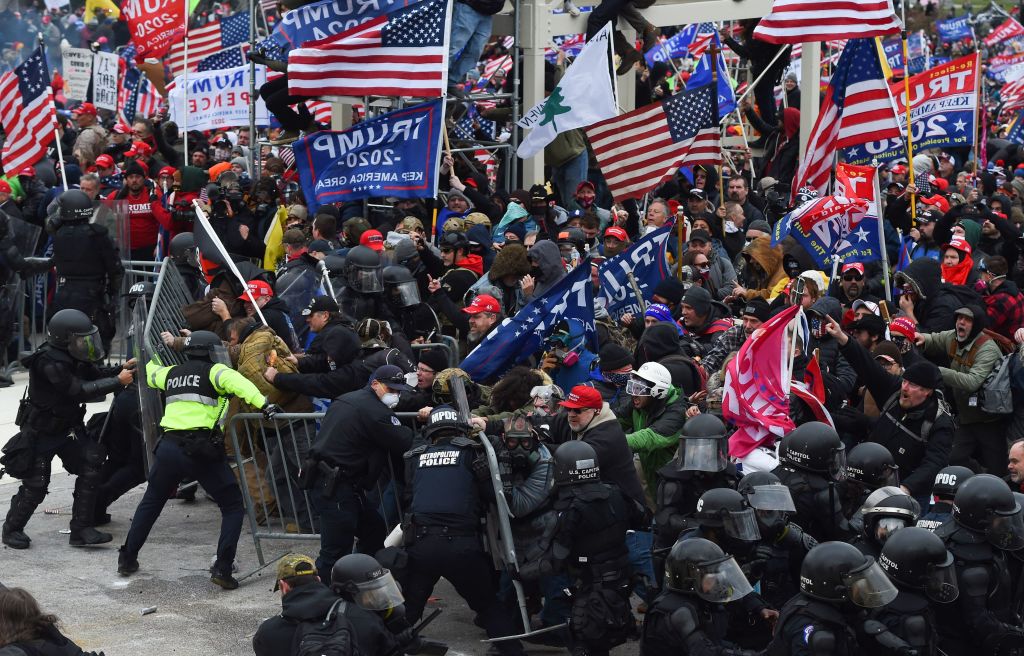 Watchdog report: Capitol Police knew about potential for violence on Jan. 6, but held back
Watchdog report: Capitol Police knew about potential for violence on Jan. 6, but held backSpeed Read
-
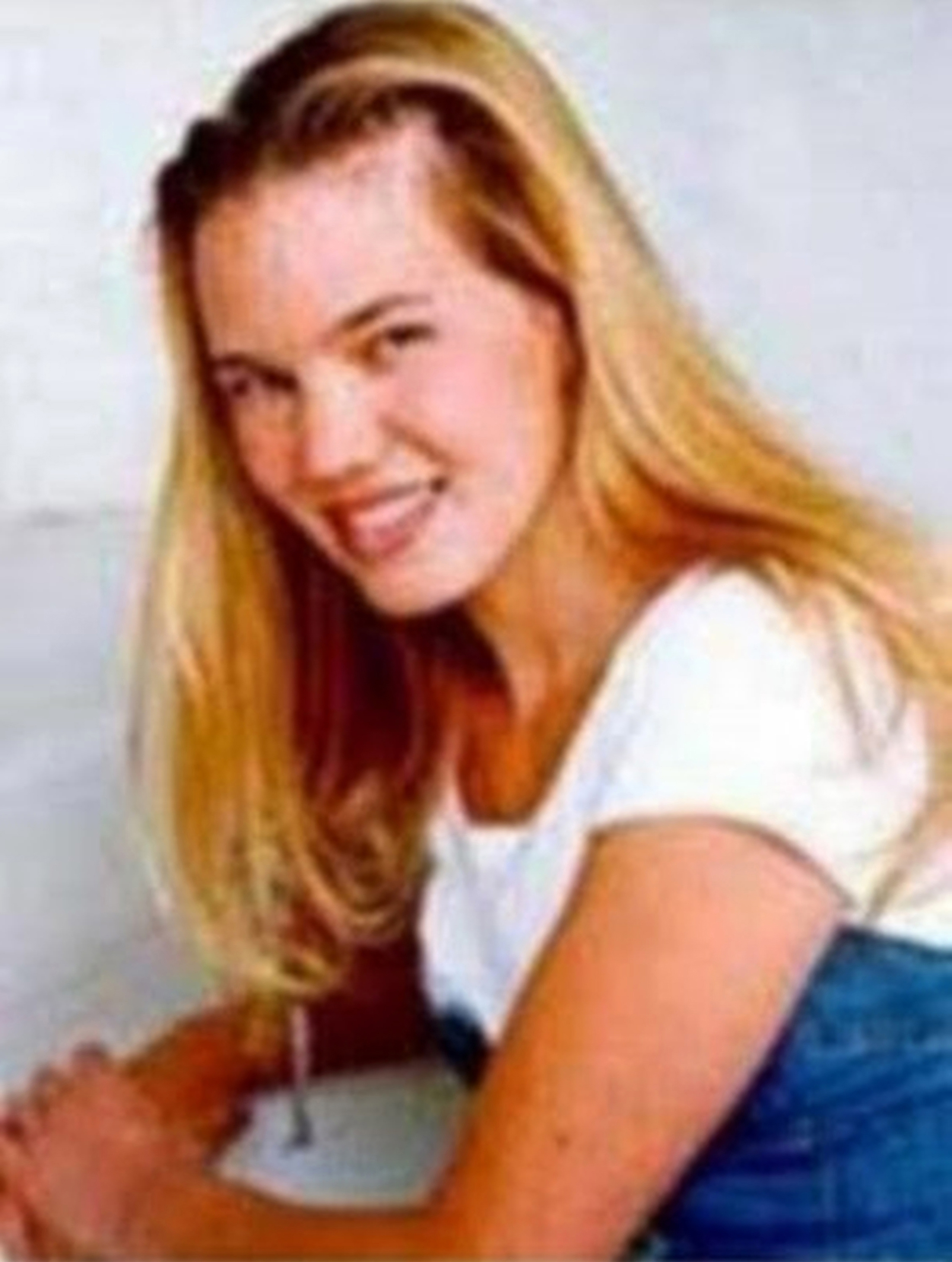 Former classmate arrested in 1996 disappearance of college student Kristin Smart
Former classmate arrested in 1996 disappearance of college student Kristin SmartSpeed Read
-
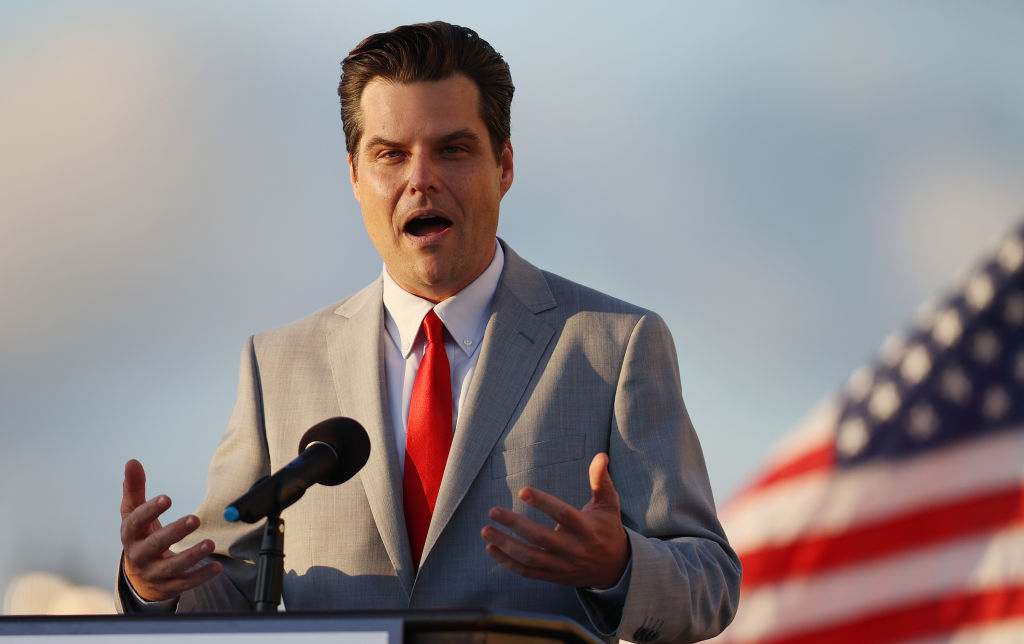 Report: Gaetz associate has been cooperating with federal investigators since last year
Report: Gaetz associate has been cooperating with federal investigators since last yearSpeed Read
